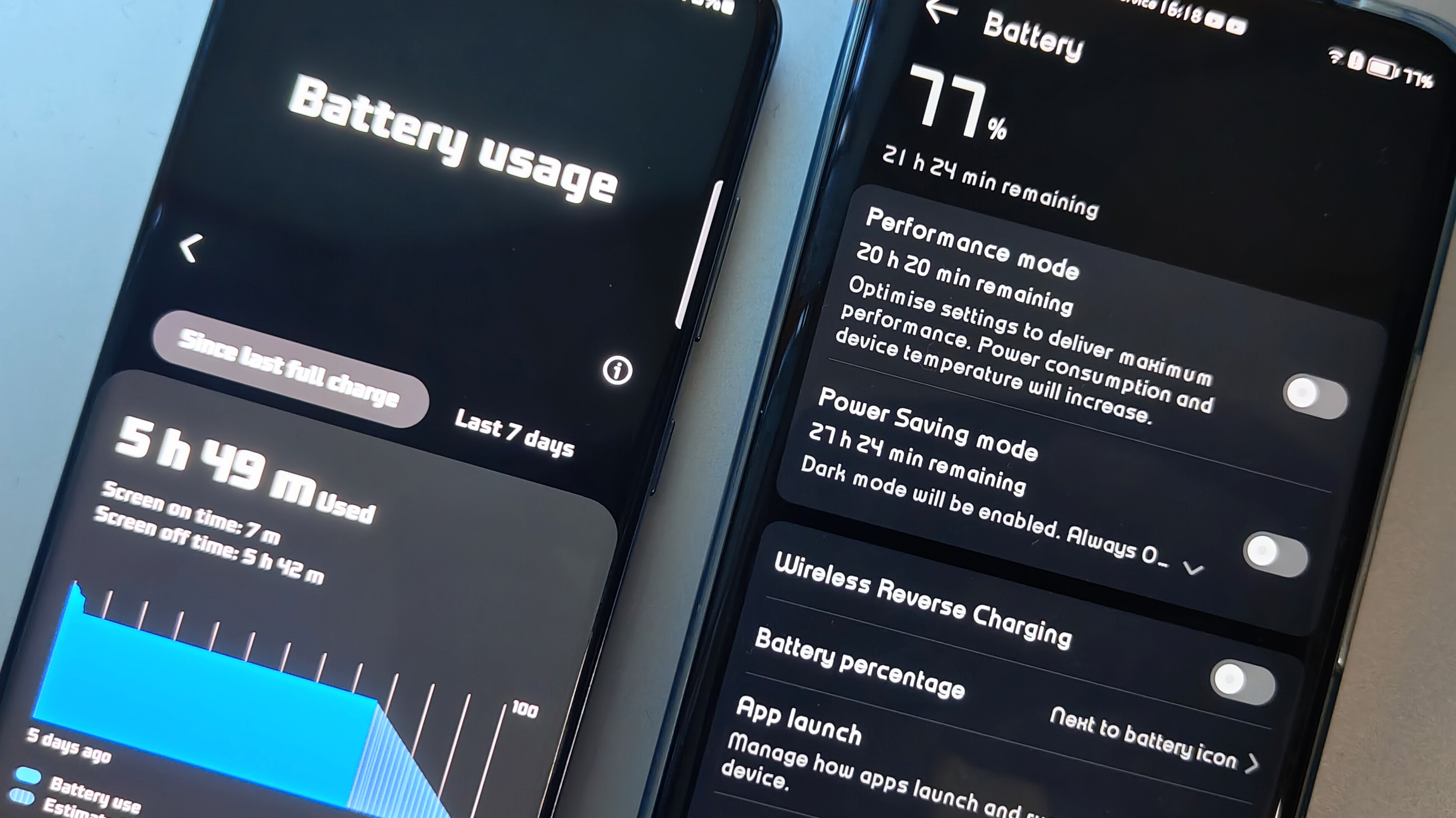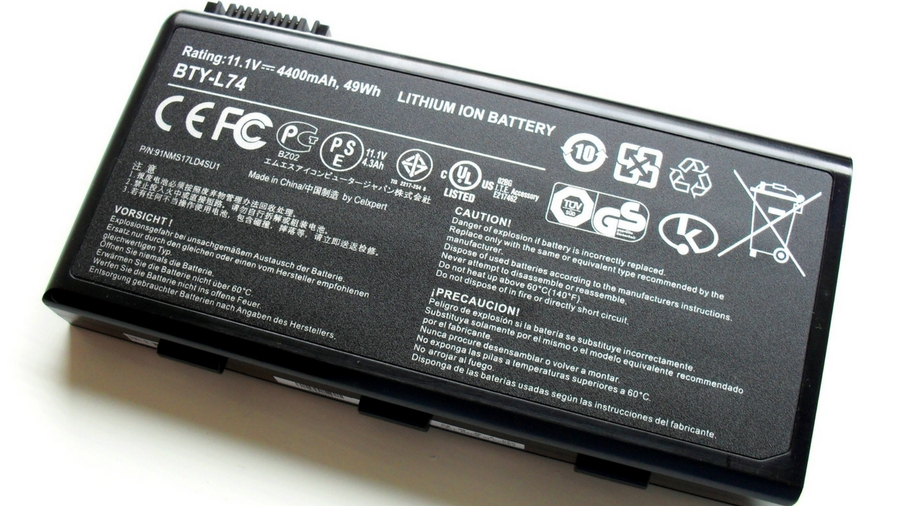
Sign up for breaking news, reviews, opinion, top tech deals, and more.
You are now subscribed
Your newsletter sign-up was successful
Researchers at Harvard have developed a new type of solid-state battery employing solid electrodes and a solid electrolyte, as opposed to using liquid or polymer gel electrolytes in conventional lithium-ion or lithium polymer batteries that power most of our current devices.
Solid-state batteries face numerous challenges impeding widespread adoption, such as flammability, limited voltage, poor performance and structural weaknesses, hindering their progress in the past.
A recent breakthrough resulted in the team creating a small, postage stamp-sized high-capacity battery capable of over 6,000 charge and discharge cycles while retaining up to 80% of its capacity. It charges fully in only 10 minutes, surpassing the average smartphone, which typically lasts around 300 to 500 cycles.
The paper doesn’t state if and when these batteries could become available but the technology has been licensed to Adden Energy, a Harvard spinoff company co-founded by Associate Professor of Materials Science at SEAS, Xin Li, and three Harvard alumni.

Solid-state batteries aren't a new technology and were first developed in the 19th century. Even recent iterations pose dangers, as they can easily short out or catch fire due to dendrite formation on the anode's surface. Dendrites can grow like roots, ultimately penetrating the barrier separating the anode and cathode, causing damage.
Dendrite formation occurs during charging as lithium ions migrate from the cathode to the anode, adhering to the anode's surface through a process known as plating. This plating acts like plaque on teeth, creating an uneven surface that can even rupture the battery. During discharge, this coating needs to be stripped away, leading to holes and gaps, increasing the likelihood of plating the risk of damage.
Previously, the team proposed a solution: designing a multi-layer battery incorporating various materials sandwiched between the anode and cathode. However, this approach only slows and contains lithium dendrite buildup and prevents penetration.
Sign up for breaking news, reviews, opinion, top tech deals, and more.
New research suggests a more effective method using micro-sized silicon particles to address the problem. Li, said, "In our design, lithium metal wraps around the silicon particle, like a hard chocolate shell around a hazelnut core in a chocolate truffle."
While this method has proven successful, the team is exploring using other materials, including silver, that could potentially offer similar performance and be easier or cheaper to mass produce.
The team has successfully scaled up the technology to produce a smartphone-sized pouch cell battery, which is still under development but could lead to some incredible advancements in handheld electronics.
Electric Dreams
The strides made by the Harvard research team in advancing solid-state battery technology hold tremendous promise for the future of energy storage.
The breakthroughs in addressing the longstanding challenges associated with these batteries could pave the way for longer-lasting and more efficient energy systems that could completely change our phones, computers, and even transport making safer, more powerful, and longer-lasting energy closer to becoming a reality.
You may also like
James Ide was a writer for TechRadar specializing in phones and tablets, having previously worked at The Daily Mirror since 2016, covering news and reviews.
James loves messing with the latest tech, especially phones due to their incredibly rapid pace of development.
When not surrounded by various devices and/or tinkering with gadgets while putting them through their paces, James has a love of handheld consoles.
He is almost the textbook definition of a geek, who loves sci-fi, comics, games and of course, all things tech. If you think you have a story for him or just want to challenge him at Smash Bros, get in touch.